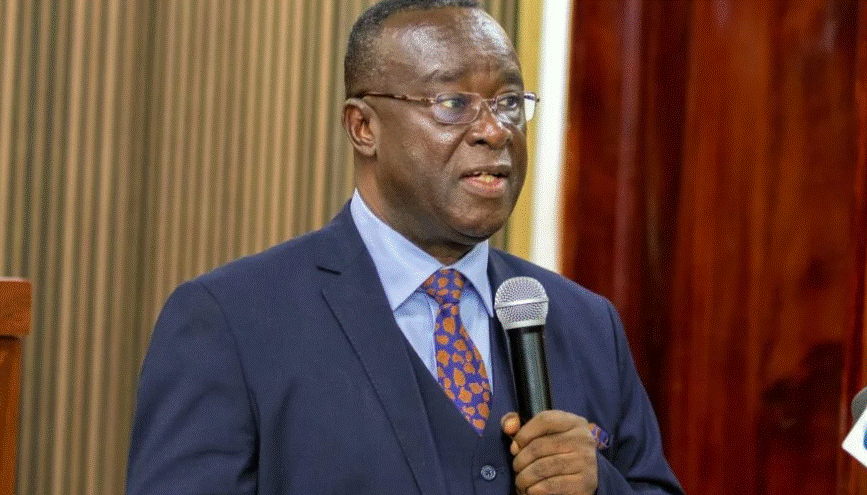
The recent closure of some of Kenya’s most popular betting websites, such as Bet254, has stirred up a great deal of controversy and confusion. With the government citing regulation violations and taxation issues as their primary reasons for shutting down these sites, many are left wondering what this means for the future of legal and illegal gambling operations in Kenya. In this article we will examine the various factors that led to this decision by Kenyan authorities, explore its implications on stakeholders from owners to employees, and analyze what it could mean for gambling operations in the country going forward.
Government regulations and taxation issues as reasons for the closure
Government regulations and taxation issues have been cited as the primary reasons for the closure of Bet 254 and some other popular Kenyan betting websites. The government claims that the sites were in breach of various rules and regulations concerning taxes, licensing, and other aspects of operation. This has been a major point of contention between the authorities and those within the industry, with many arguing that Kenyan laws are too restrictive when it comes to gambling operations.
In addition to taxation issues, there have also been concerns raised about possible violations of the law by certain betting sites. Data from recent investigations suggest that there may have been instances where sites were taking bets from minors or operating without proper licenses. It appears that these violations could not be tolerated any longer by the government, leading to the eventual closure of the sites in question.
The impact on stakeholders due to this decision by Kenyan authorities has been far-reaching and has affected many different people associated with these websites. For example, owners who had invested heavily into their businesses now find themselves facing huge losses as they are unable to recoup any of their investments. Employees too have suffered due to job losses as a result of these closures, while investors may see their shares depreciate significantly in value. Finally, bettors who frequent these sites may be feeling frustrated due to a lack of reliable outlets for placing wagers on their favourite sporting events or casino games.
With legal gambling operations now facing increased scrutiny due to these closures, questions are being asked about what this means for illegal gambling operations in Kenya going forward. While it is still uncertain how stringent enforcement will be towards underground betting activities moving forward, what is clear is that greater measures must be taken to ensure compliance with regulations if legitimate gaming operators wish to remain open for business in future years.
In conclusion, it is clear that the closure of some prominent betting websites in Kenya was largely motivated by taxation issues and regulation violations on behalf of certain entities within the industry. The ramifications this decision has had on stakeholders from owners and employees to bettors should not be underestimated either, with all groups affected adversely due to this action taken by government authorities. Now all eyes are fixed upon what this means for both legal and illegal gambling operations going forward; only time will tell how successful enforcement efforts are at curbing illicit activities while ensuring compliance among legitimate operators.
What this means for gambling operations going forward
The closure of some of the most popular betting websites in Kenya has presented both legal and illegal gambling operations with significant challenges going forward. On the one hand, government authorities have made it clear that regulations must be adhered to if businesses are to remain open for business, meaning stricter enforcement measures are likely to be put in place moving forward. This could lead to further closures amongst legitimate operators if they fail to comply with regulations and taxation issues.
At the same time, however, it is clear that strict enforcement measures will also be taken against illegal gambling operations in order to curb their activities and ensure compliance with the law. The authorities have already demonstrated their willingness to take action against such entities by shutting down certain sites, and it appears they are intent on continuing this trend in future years. As a result, those looking to engage in underground betting activities should expect more stringent enforcement efforts in coming months and years.
Overall, what these recent events mean for gambling operations in Kenya is that greater attention must now be paid towards following all necessary rules and regulations. If operators wish to remain open for business legally, then they must adhere strictly to government laws regarding taxation and licensing at all times or else face possible closure. Similarly, illegal gambling activities must also expect more rigorous monitoring from authorities; bettors engaging in such activities should be prepared for possible repercussions if caught by law enforcement officials.
Read Full Story

















Facebook
Twitter
Pinterest
Instagram
Google+
YouTube
LinkedIn
RSS